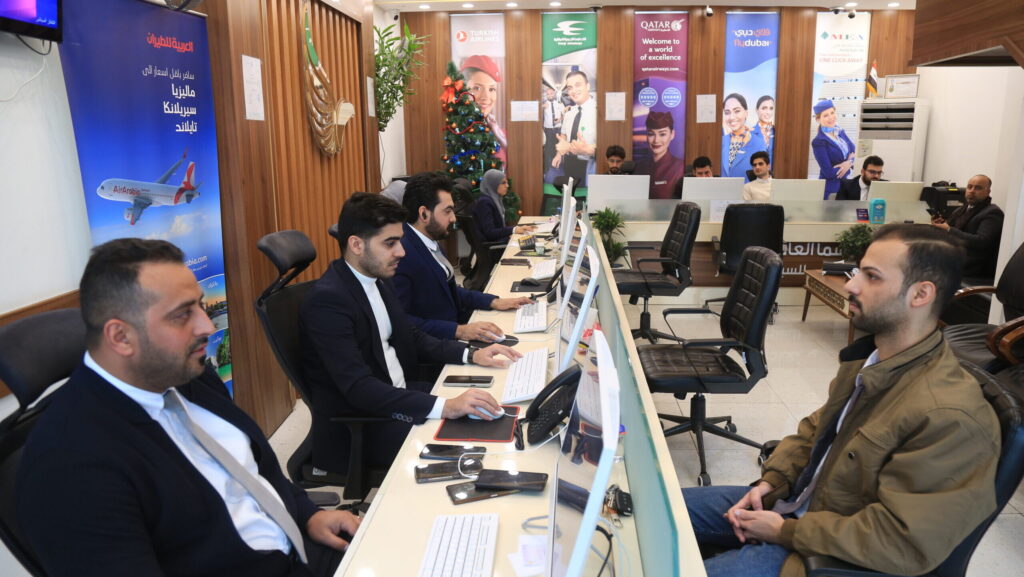Iranians feel strain of turmoil and sanctions

On a crisp winter's day the snow glistens on the mountains above Tehran, but the mood is as heavy as the pall of pollution that often shrouds Iran's capital, AFP reported.
In a country weighed down by sanctions, shaken by protests and stressed by military tensions with the United States, many Tehranis struggle to hide their pessimism.
"Life is really hard right now. The situation here is unpredictable," said Rana, a 20-year-old biology student walking in the upmarket district of Tajrish.
It is a part of the city where young women subtly thwart the Islamic republic's conservative dress codes, opting for short coats, stylish make-up and scarves revealing ever more hair.
But, despite such relative liberties, Rana said she feels trapped.
"The quality of life isn't good at all -- we have pollution, angry people, high prices," she said, pointing also to a "huge class gap" and Iran's deepening "isolation".
Iran's economy has been battered since US President Donald Trump in 2018 abandoned an international nuclear deal and reimposed sanctions and a "maximum pressure" campaign.
When Iran hiked petrol prices in November, nationwide protests erupted and turned violent before security forces put them down amid a near-total internet blackout.
Tensions with Washington escalated in early January when a US drone strike killed powerful Iranian general Qasem Soleimani in Baghdad.
Iran retaliated by targeting US forces but then accidentally shot down a Ukrainian airliner, killing all 176 people on board, in a tragedy that sparked anger at home and abroad.
Rana said she still feels "sad" about the disaster that claimed the lives of many young people who had left Iran to study abroad.
Angry with Trump
One young Iranian who has chosen to stay in her country is Pegah Golami, a 25-year-old engineer who was shopping three days ahead of her wedding.
"The country's economic condition is now really difficult, especially for youths," she said, dressed in a chic coat and suede boots.
"I feel very bad... my friends have decided to leave. But I, as an Iranian, decided to stay and build my country."
The strains of a violin filled the air as a busker tried to make himself heard above the noise of the heavy traffic.
It is increasingly difficult to make a living, said Bahram Sobhani, a 47-year-old electrician who was unshaven, nervous and almost completely toothless.
"It's a little difficult to find work these days, but it is out there," he said.
"The sanctions have of course affected us, but we have to tolerate it because we can't do anything else. We live in Iran, not somewhere else."
The economic situation is also hurting Mohammadreza Khademi, vice-president of the Delham Tabesh company that sells smart technology devices from Italy for luxury homes.
His company took a hit after the renewed sanctions trippled costs, forcing it to lay off 20 of its 30 employees.
"The end of 2018 was awful and all of 2019 was not good at all," said Mohammadreza.
"I will continue to run my business. I will try to have that line of production in Iran locally, but it is super difficult to change," he said, adding that "I am angry with Mr Trump".

